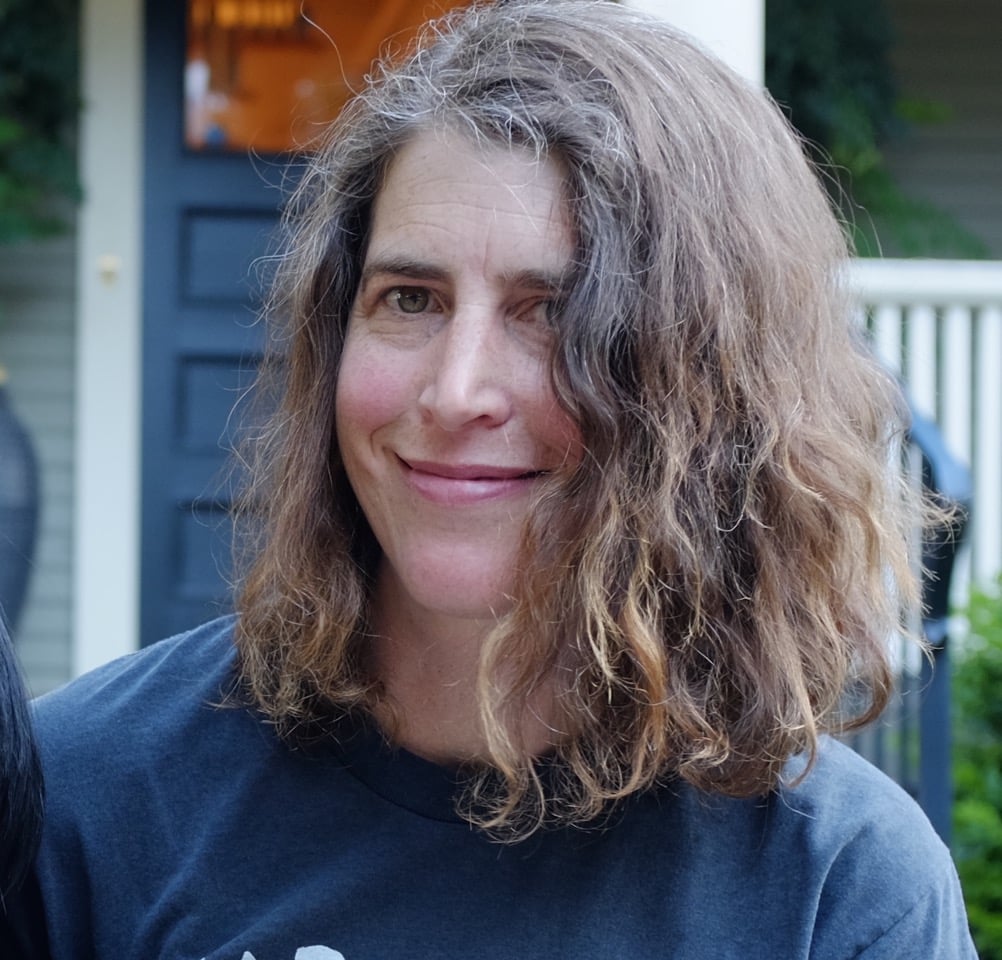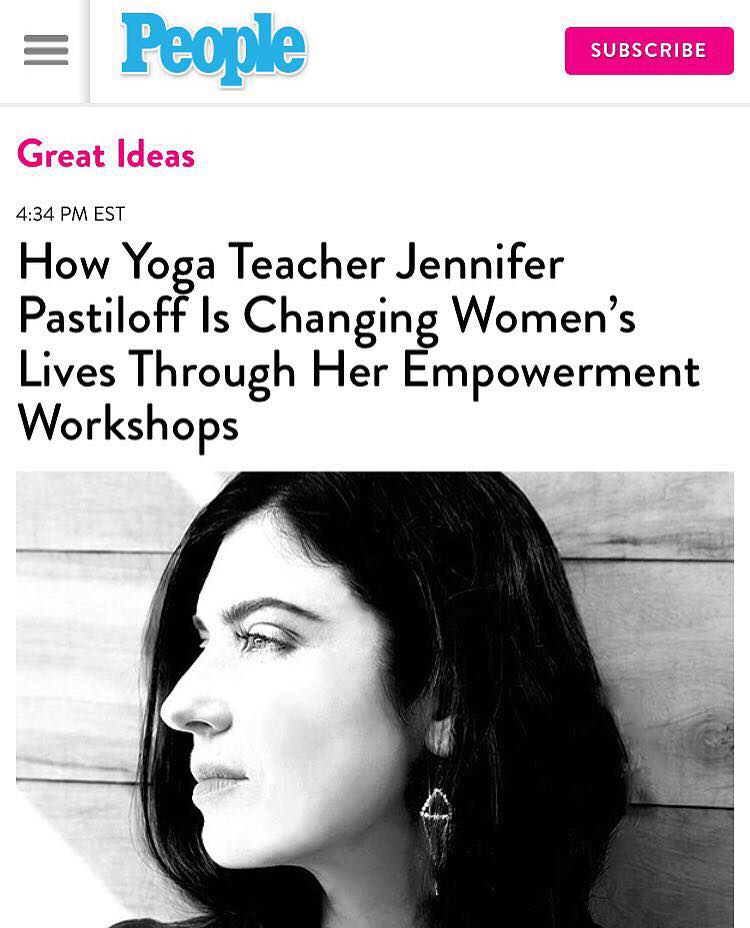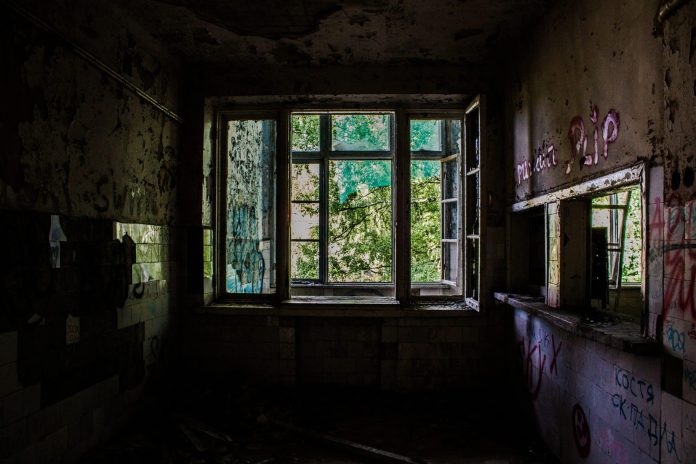By Alex Behr
My primary care person, a nurse practitioner in San Francisco’s Castro District, had told me for years not to worry, but I did. The notebooks I stored in a suitcase in the closet were filled with my fears. My FSH levels were normal—I was new to infertility-related acronyms. I never said that word, infertility, in my mind. I was way too superstitious and optimistic. Basically, normal FSH levels meant I wasn’t struggling too hard to produce the follicle-stimulating hormone necessary for ovulation.
Every annual checkup, I’d walk past the stacks of HIV prevention pamphlets in the office and lay down for this nurse practitioner. She told me my breasts felt good—soft and healthy—almost like she was evaluating their allure. I put my feet in terry-cloth-draped stirrups so she could feel my uterus. Good, good. No STDs. Regular sex. Healthy. Good genes. No problemo. She massaged my breasts for nonexistent lumps and said, “There’s a population crisis.” Who was I but one more woman adding to the problem? She said, “You’ll get pregnant.”
After three years of hearing me worry, she told me to get a test to see if my tubes were blocked. I’d never heard of tubes damming up, much less this test.
The thermometer hit the edge of the bedside table and broke, shattering glass. Tiny silver spheres tapped across the wood floor. I swore and knelt down to dab them in a Kleenex, feeling like I was bringing bad luck to myself—to my body—mercury poisoning was not good for primping the body for pregnancy.
I wanted this blood token. I wanted a baby of my blood—of Sam’s blood. Make something of our misfit lives. I was well-rounded and grieving each month. Drip. Stain.
Motherhood wasn’t a desire out of frustration, but a longing from childhood, from kindergarten, at least, when I echoed my mom in a drawing: she had her baby in a baby carriage (my sister); I had my baby doll. An introvert so shy that I didn’t speak in kindergarten, standing in the room, not joining the finger-painters and the tights-wetters, I always knew I would be a mom one day. I would create a blood tribe for comfort and silliness and intimacy.
I printed out the driving directions to Kaiser from the front room of our flat. The dial-up modem buzzed and fussed by my computer. I wanted to slide up to Sam, feel his warmth, and have sex. Instead, I picked up an invoice from my desk and killed a silverfish.
At Kaiser I saw pregnant women throughout the waiting room, as if they were my personal mocker, as if I sat in a room of Pulitzer-prize-winning authors with stringy hair and bad skin wearing pink hoodies and sweats with white stripes up the sides. Kaiser accommodated us all. We weren’t San Francisco’s brightest and finest, just women struggling in our bodies. It was 2000, but I’d dropkicked the diaphragm and sperm killer in 1997, having finally convinced Sam to try to get me pregnant—that everything would work out—that we could still play music, and he could still do kung fu; he’d have plenty of time for himself.
I waited for my name to be called. I knitted a green blanket for the baby I knew would happen if I tried hard enough. I was always poised to have my name called, as any delay in putting my yarn away or picking up my purse would cause them to move on to someone else in the waiting room, someone with life inside her.
Sam, wearing a t-shirt, jeans, and Converse sneakers, waited in a plastic seat. I picked up his hand and ran my finger over the homemade tattoos he’d given himself as a teen-age punk. The two tiny lines were markers of good luck to me. The nurse called my full name, “Alexandra Behr?”
Sam said, “Do you want me to come with you?”
“No, stay here,” I said.
I held my arms together against Sam’s chest, and he wrapped his arms around me. What if the nurse left without me? What if she called someone else? “Watch my stuff,” I said.
“Good luck,” he said.
I left Sam and walked through the doors to go through an infantalization process: stripping and putting on a blue poly/cotton covering that was large enough to accommodate me at nine months’ pregnant.
I was about to have radioactive dye injected through my vaginal canal and through the Fallopian tubes. Canal. That word reminded me of Venice, the murky waters. The romance. The pollution. All my eggs had existed in me since I was born on a snowy Easter weekend, but I wasn’t able to get pregnant and I didn’t know why.
Then on the examination table, I had the procedure—the HSG—the hysterosalpingogram. Hysteria in minutes, the dye forced up inside me, cramping. The X-ray test examined the hidden me. The outer me was one that some men had coveted. That I had filled with alcohol, with drugs, with lust, but in private, a rollicking party of two.
The X-ray machine took photos as the dye went its way, but the dye got dammed up. The cramping was intense. I winced and gritted my teeth. I felt like I was being raped by a thin, pressurized knife.
The doctor and his assistants—future infertility gurus—stood by my legs in stirrups, looking at the X-ray screen. I wasn’t the only patient in this room. Others were a curtain away. Nevertheless, the medical people discussed my most intimate parts. The uterus looked great, healthy! But they said the tubes were blocked. The egg couldn’t reach the sperm, those racing gray squiggles in life-science movies. They got stuck, stupid, unable to reach and pierce the membrane and start life.
The doctor pulled and prodded. On the monitor I saw tiny cauliflowers at the end of the uterus. Longhorns. The dye was trapped.
A nurse wiped the ultrasound goo off my abdomen and gave me a sanitary pad to hold between my legs. I got off the medical table, sobbing. I asked questions, wanting to write down the answers, but I was still naked except for the medical gown. I was not processing what the doctor was saying.
When I asked if the tubes were blocked, he said, smiling like a Simpsons’ cartoon character, “Ab-so-tute-ly!”
A friend had recommended this doctor, a man in his fifties with thinning hair and a pinched expression.
“You’re a textbook case for infertility,” he said.
I snotted up and dripped tears. How could I wipe them while holding the gown closed against my ass?
“Yucky news in the dot dot dot of getting pregnant,” he said. “Don’t think back on all the people you’ve been with—with all the recriminations.”
I shook all the way home, even with Sam’s arm around me. But I resented him, too. I felt I was talking him into being a parent. Badgering, as he’d say. He wanted to tour. He didn’t seem as upset as I was. I wondered, lying flat down on my bed, Maybe Sam would get his wish now, and never be a dad.
Barry Glassner writes in Culture of Fear about people’s use of “poignant anecdotes in place of scientific evidence.” Since my friend had gone to this fertility expert at Kaiser who had solved her miscarriage problems, I went to him, too.
For years, I’d been drenched in magical thinking: anyone who did become pregnant after initial difficulties was a role model for me—even though her circumstances (or her partner’s) might have been drastically different. People I confided in told me these stories all the time—they knew of a friend who went to Paris and got pregnant. The Eiffel Tower phallic cure? They tried to give my confidence, even though for years no one—including me—knew my tubes were blocked.
Only with me, the prayers and wishes hadn’t worked. The doctor told me not to blame all the men I had slept with, which, of course, was what I did—and blamed myself, too.
At home, I circled Sam in the kitchen. It was in the back of the flat. There wasn’t a lot of space between the table and the stove, the stove and the fridge, or the stove and the sink. The window gate was bolted to the frame of the six-foot window. The back hall in the alcove by the kitchen led only to the tiny bathroom or the back yard with walls on all sides. We were shut in by metal. Sam could escape only through the front door.
Sam did kung fu. His punches were strong and direct. His knuckles were swollen from doing pushups on them, and his biceps were huge. He punched the table, a wedding present. I jumped and my heart raced. “Why did you rush ahead and tell our families?” he yelled. He felt it was our secret, our problem. He wanted me to not tell anyone that my tubes were blocked, that we might have to do IVF.
“You never do anything,” I said, crying. My face was puffy.
“Why do you get mad at me when you say stuff like that?” he said. He walked out, slamming the front door.
Shaking, I knew I had hurt Sam’s feelings again. Sam knew I meant “never do anything” referred not only his career, but to the infertility problem. He wanted things to remain the same—renting at an undermarket rate from people who hated us, in the best city in the country. I wiped off my tears and walked to the front room, the former parlor, where I had my office. I wanted to research what was wrong with me. My desk was by tall, rattling windows and a built-in bench; streetlights shown through the space above the curtains. I didn’t know which way Sam had gone, but I knew he’d come back.
I stared at the computer screen, my breath stuck—sometimes I forgot to breathe. I didn’t want to be one of them, the infertile. I immediately thanked Billy, my boyfriend from the early 1980s, the second person I’d had sex with. I thanked him for my newly discovered blocked tubes. I’d met him when I was sixteen and a half. He was twenty-three.
Thank you. It was a bitter mantra. There’s no logic to blame. Just a sixth sense toward ignored symptoms on his part and trust on mine. Could I go there, or would I be a victim, stuck? Was I a victim, really, or just a nutty girl in love? If you drive to someone’s funeral, as I had, pretending to be a mourner with the headlights on, just to pursue a guy who gets you hot, well …
Billy had waited for me on a brick pathway outside the public library. He was visiting his old hometown—my hometown—a suburb of DC. I pulled down the hood of my winter coat, despite the sting of cold weather, drawn toward his interest in me. And what had I checked out to intrigue him? Maybe Vonnegut? Cat’s Cradle? He’d stolen books from the library. And what did he put under his coat? Something slightly subversive. Burroughs? Kerouac?
I gave him a ride in my parents’ car, a huge maroon Cadillac that my mom had inherited from her dad. His clothes smelled like exhaust fumes and pot smoke. He had long curly hair; we looked like twins. We drove past bare maple and oak trees whose trunks topped electric lines.
He was funny and worldly, and he pursued me with Sylvia Plath poems, stolen Kafka books, jokes about the Ayatollah Khomeini, and his bad boy stories of throwing snowballs at nuns in grade school and doing acid during high school football games. I didn’t tell my parents his nickname was “Billy Heroin.”
That winter, ice licking the branches of the oaks and maples, I got a fuzzy black sweater that I felt would arouse my new boyfriend, though I still had another boyfriend in college. I rarely washed it, fearing it would shrink. I was easy to seduce. I was skinny, wearing a cowl neck shirt, white painter’s pants, and clogs. My gas-permeable contact lenses often popped out, leaving me squinting. He wore boots, jeans and a black V-necked sweater, with curly hair poofing up the neck.
I was hyper. Young. Sixteen and a half. I blithely cheated on Fred, my first boyfriend, out in East Tennessee, because I was happier having sex with someone else—someone more experienced and more deviant. Billy was a community college dropout. I was applying to colleges, getting high before the SATs to skewer my chances of Ivy League schools. I didn’t like standardized tests.
Billy had a fondness for the perverse—debasement, annihilation—very smart but distracted, hitchhiking up and down the East Coast from his older sister’s one-bedroom apartment in the Lower East Side to my hometown near DC, where he crashed in his friends’ loft, a dark, dank slab of wood strewn with sleeping bags. I spent many hours in the loft. I spent my babysitting money treating him to greasy slabs of pizza and colas. I pretended he looked like Jim Morrison, but his nose had been broken too many times in street fights.
Once we went up to New York City and he said, “I know the color of my boss’s sheets.” Fidelity wasn’t a strong point.
At sixteen and seventeen and eighteen and nineteen, through various breakups and reconciliations, I made sure, with my babysitting money, that Billy had enough money for a cab license, for a black leather jacket with vanity zippers, for a black onyx ring. I didn’t care that he refused to wear a condom. I was too loaded on pot or mushrooms or synthetic mescaline or hash or wine and teen-age pheromones to care.
Now, the night after the Fallopian tube test, with Sam still out, I used my dial-up modem to research what had likely gone wrong when I was a teen in the early 1980s and lacked easy access to doctors. I wanted to infer how I’d failed my body.
From Billy, I’d gotten human papillovirus, HPV, in high school. There was no Planned Parenthood in my hometown, if I even knew one existed. The guys bought the condoms, and whether they used them or not was mostly up to them. Birth control pills, diaphragms, IUDs: out of the question. I never talked to my mom about my needs.
I paid to see a doctor in my hometown out of my allowance and babysitting money. My disease was shameful and disgusting, so shameful I told no one except doctors and future lovers, though the virus had then died out, done its harm.
In 1985 I had an abnormal pap smear, caught in time so those cells could be frozen and not develop into cancer. I thanked Billy for that illness, too. But the doctors assured me after freezing off precancerous cells that I would be fine, that I could still get pregnant.
I read more online, feeling nauseous. Chlamydia could cause blocked Fallopian tubes. Maybe Billy had given me that, too? I might not have had symptoms, or might have thought—just a bladder or yeast infection—awful but temporary—leaving no lasting damage, like a cold. I’d had a few over the years. The nurses on the phone just told me to get over-the-counter medicine.
I was separate from my body, not wanting to acknowledge a problem. I had wanted to split lust from duty, obligation, habit, tasks, and now I couldn’t. The dye had pressed hard enough to try to force the tubes open, but they refused.
Billy had overlapped relationships and stuck his lovers into little cubbyholes of disease. The sex-advice columnist Dan Savage has a stock phrase about how older lovers should treat younger lovers: they should view the relationship like a picnic, and when the relationship ends, leave the campsite area in better shape than when they found it.
Billy, the second person I had sex with, the person who should have left a clean campsite, instead (I believed) hosted a napalm picnic on my body. My tubes were blocked, laced with adhesions. But I had to forgive them, the tubes I was born with, the tubes that failed.
The funny thing, the ha ha ha ha thing, was there weren’t that many lovers in my past, and it could’ve just taken one. Viruses infected millions of us. They had the knack. Condoms could’ve stopped them. But as a default, I had to choose one person to blame beyond my stupidity, and in my heart it was Billy’s fault.
Our bedroom was tiny, the back of our five-room flat. The curtains I’d made were always shut against our neighbors across the alley. It was the quietest room, farthest from Waller Street. Our roommate had moved out years before, so we’d moved into his room, off the large kitchen.
I drank a beer. I heard the door open. Soon Sam would come to bed with me and his warmth and breathing, sleeping, snoring sounds would end the day. In my futon bed, with my knees curled up against me, I listened to a NPR radio report on the Lockerbee, Scotland, terrorist attack: about the bodies being hurled through space from the airplane. Two girls were found strapped to their seats, their arms around each other, and their fingers crossed.




[…] More […]
[…] More […]